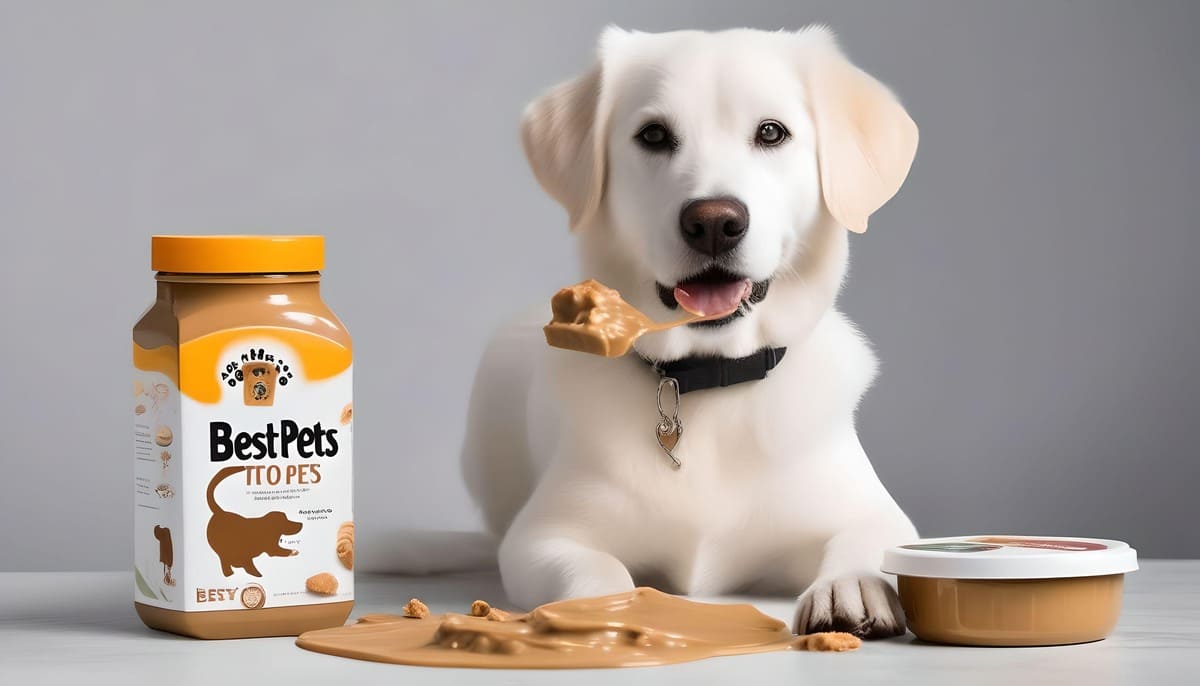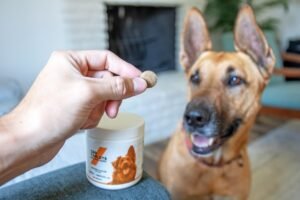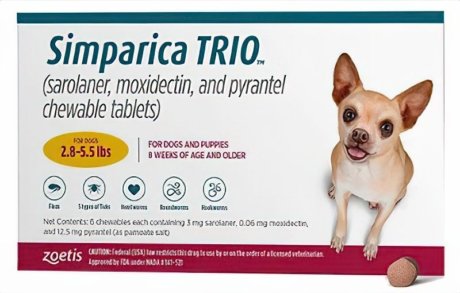Can Dogs Eat Peanuts? Risks, Health Issues, Nutritional Values
Hello and welcome to our extensive article on “Can Dogs Eat Peanuts?” If you own a dog, you might have questioned whether it’s okay to give your pet your favourite snack. Although peanuts are not toxic to dogs, you should weigh the benefits and risks before including them in your dog’s diet. The nutritional worth of peanuts, possible risks and benefits, and safe ways to include them in your dog’s diet will all be covered in this article. We’ll also talk about other protein and healthy fat sources for dogs. By the end of this article, you’ll know more about whether or not peanuts are a healthy option for your dog’s diet.
Can Dogs Eat Peanuts?

Peanuts are a popular snack food enjoyed by many humans. However, when it comes to dogs, it’s important to ask the question: Can dogs eat peanuts? While peanuts are not toxic to dogs, there are certain risks to consider before sharing your favorite snack with your furry friend. In this comprehensive guide, we’ll explore the nutritional value of peanuts, potential risks and benefits, and how to safely introduce them to your dog’s diet. We’ll also discuss alternative sources of protein and healthy fats for dogs.
Can Dogs Eat Peanut Butter?
Yes, dogs can eat peanut butter in moderation, but it’s important to choose a brand that does not contain xylitol, a sugar substitute that is toxic to dogs. Look for all-natural peanut butter that is low in sugar and salt, and free of preservatives and other additives.
What Kind Of Peanut Butter Can Dogs Eat?
Dogs can eat all-natural peanut butter that does not contain xylitol or other harmful ingredients. Smooth peanut butter is a better option than crunchy as it is easier for dogs to digest.
Can Dogs Eat Peanut Shells?
While peanut shells are not toxic to dogs, they can be difficult to digest and may cause gastrointestinal upset. It’s best to remove the shells before feeding peanuts to your dog.
Can Dogs Eat Crunchy Peanut Butter?
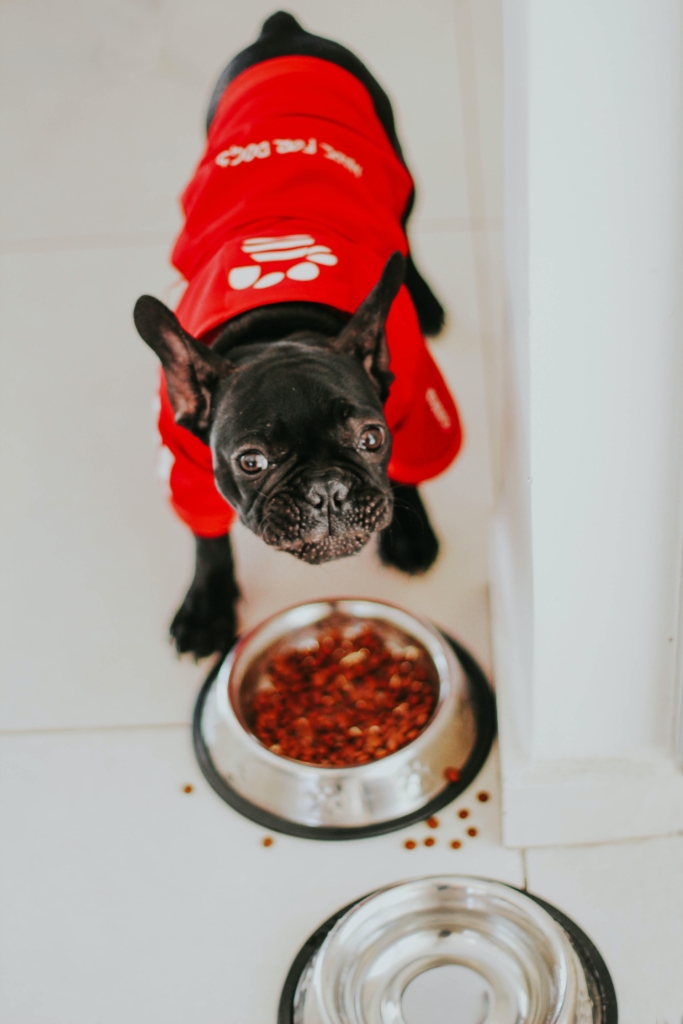
Dogs can eat crunchy peanut butter in moderation, as long as it does not contain xylitol or other harmful ingredients. However, smooth peanut butter is a better option, as it is easier for dogs to digest.
Can Dogs Eat Boiled Peanuts?
Yes, dogs can eat boiled peanuts in moderation as they are a good source of protein and healthy fats. However, they should be given to dogs as a treat rather than a regular part of their diet.
Can Dogs Eat Honey Roasted Peanuts?

No, dogs should not eat honey-roasted peanuts as they are often heavily flavoured and contain added sugar, which can be harmful to a dog’s health.
Can Dogs Eat Jif Peanut Butter?

Dogs can eat Jif peanut butter in moderation, as long as it does not contain xylitol or other harmful ingredients. However, it’s best to choose an all-natural peanut butter that is low in sugar and salt.
Can Dogs Eat Skippy Peanut Butter?
Dogs can eat Skippy peanut butter in moderation, as long as it does not contain xylitol or other harmful ingredients. However, it’s best to choose an all-natural peanut butter that is low in sugar and salt.
Can Dogs Eat Peanut Butter And Jelly?
While peanut butter is safe for dogs to eat in moderation, jelly is often high in sugar and may upset their stomach. It’s best to avoid feeding your dog peanut butter and jelly sandwiches.
Can Dogs Eat Peanut Butter Cookies?

Peanut butter cookies are not toxic to dogs, but they are often high in sugar and may contain other harmful ingredients like chocolate or raisins. It’s best to avoid feeding your dog peanut butter cookies and opt for all-natural peanut butter as a treat instead.
Can Dogs Eat Roasted Peanuts?
Yes, dogs can eat roasted peanuts in moderation as they are a good source of protein and healthy fats. However, they should be given to dogs as a treat rather than a regular part of their diet.
Can Dogs Eat Peanut Butter Crackers?
Peanut butter crackers are not toxic to dogs, but they are often high in salt and may contain other harmful ingredients like onion or garlic powder. It’s best to avoid feeding your dog peanut butter crackers and opt for all-natural peanut butter as a treat instead.
Can Dogs Eat Peanut Butter Pretzels?
Although peanut butter pretzels are not poisonous to dogs, they are frequently very salty and may also contain other harmful ingredients, such as onion or garlic powder. It is advised to steer clear of giving your dog peanut butter pretzels and choose natural peanut butter as a treat instead.

Advantages and Disadvantages Dogs Eat Peanuts
There are several Advantages and Disadvantages to Dogs Eating Peanuts, such as:
| Advantages of Dogs Eating Peanuts | Disadvantages of Dogs Eating Peanuts |
|---|---|
| Peanuts are a good source of protein and healthy fats, which can benefit a dog’s overall health | Peanuts are high in fat and calories, which can lead to weight gain and obesity if not fed in moderation |
| Peanuts can help maintain a dog’s skin and coat health | Peanuts may cause digestive issues such as vomiting, diarrhea, or constipation |
| Peanuts are a good source of vitamins and minerals like vitamin E, niacin, and magnesium | Peanuts may cause allergic reactions in dogs, especially if they are allergic to nuts |
| Peanuts can serve as a tasty and healthy treat for dogs in moderation | Peanuts may contain harmful additives like salt, sugar, or artificial sweeteners that can be toxic to dogs, such as xylitol |
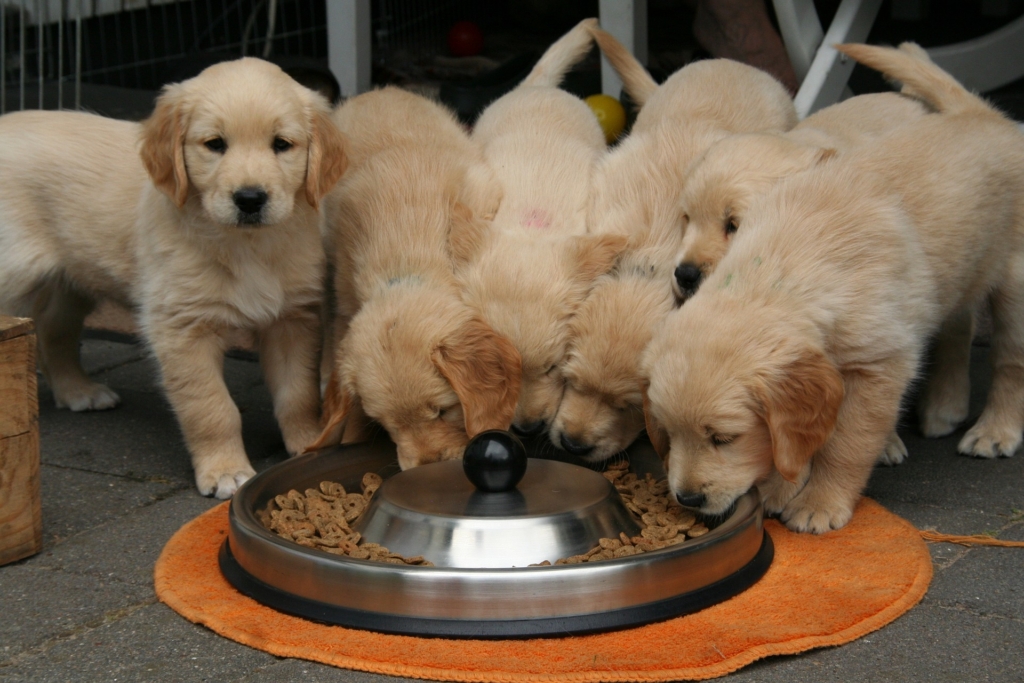
Recommended Peanuts for Dogs
When it comes to feeding peanuts to dogs, it’s important to choose the right kind of peanuts to ensure their safety and health. Here are some recommended types of peanuts for dogs:
- Unsalted, raw or roasted peanuts: Unsalted, raw or roasted peanuts are a good source of protein and healthy fats for dogs. These peanuts are low in sodium and free of harmful additives, making them a healthy treat option for dogs in moderation.
- Natural peanut butter: Natural peanut butter that is free of added sugar, salt, and preservatives can be a great treat for dogs. Peanut butter can be spread on a toy, given as a reward for good behaviour or used as a training tool.
- Peanut treats made specifically for dogs: Many pet stores carry peanut-flavoured treats made specifically for dogs. These treats are often low in calories and sodium and contain other healthy ingredients like fruits, vegetables, and grains.
Nutritional Value of Peanuts
Protein, fibre, and healthy fats, all of which are essential to maintaining both human and dog health, are all found in abundance in peanuts. While the fibre in peanuts can help with digestion and blood sugar regulation, the protein in peanuts can support muscle growth and repair. Additionally, the beneficial fats in peanuts can enhance skin health and lower the risk of contracting illnesses like heart disease.
Peanuts are a good source of protein, fiber, and healthy fats. According to the United States Department of Agriculture (USDA), one ounce (28 grams) of dry roasted peanuts contains:
- Calories: 161
- Protein: 7 grams
- Fat: 14 grams (including healthy fats like monounsaturated and polyunsaturated fats)
- Carbohydrates: 4 grams
- Fiber: 2 grams
- Sugar: 1 gram
These nutrients can benefit humans and dogs alike. For example, protein is essential for building and repairing tissues, while fiber can aid in digestion and help dogs feel full. Healthy fats like those found in peanuts can support heart health and brain function.
Risks and Benefits of Feeding Peanuts to Dogs
While there are some advantages to dogs’ health from peanuts, there are also risks to take into consideration. Potential allergic reactions are one of the main worries. The American Kennel Club (AKC) states that although peanuts are not a typical allergen for dogs, it is nonetheless possible for certain dogs to become allergic to them. An allergic response may cause the following symptoms:
- Itching
- Hives
- Swelling
- Difficulty breathing
- Vomiting
- Diarrhea
In addition to the potential for an allergic reaction, eating peanuts can cause diarrhoea in some dogs. This could manifest as symptoms including nausea, diarrhoea, and abdominal pain. If your dog displays any of these symptoms after eating peanuts, you must immediately see your veterinarian.
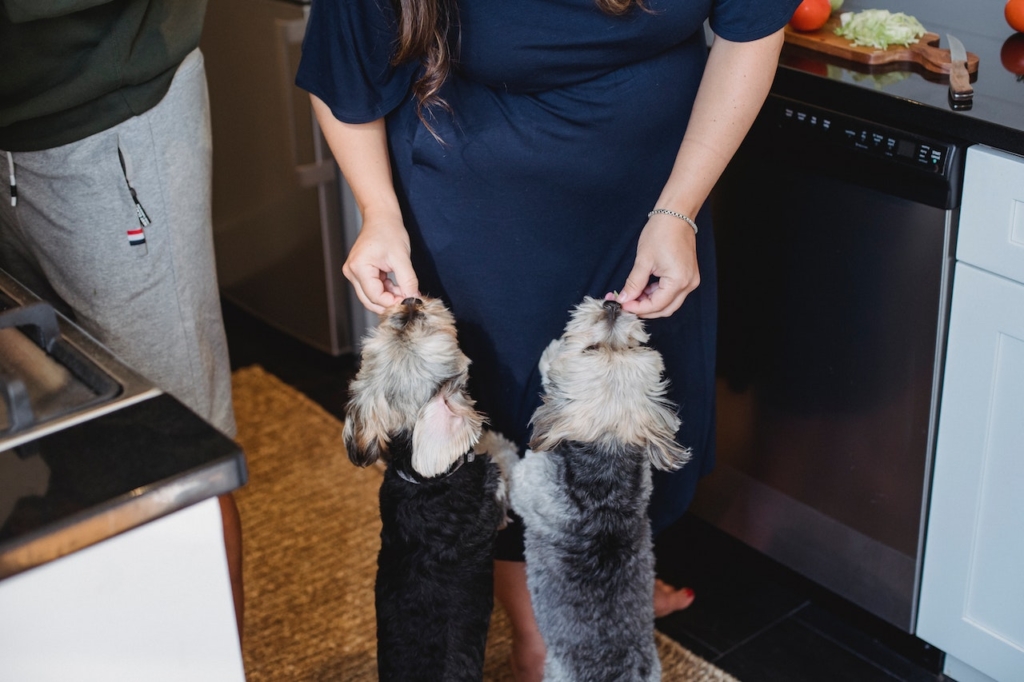
Giving peanuts to dogs may offer some benefits despite these risks. For instance, consuming peanuts may help reduce the risk of contracting certain diseases, such as cancer and heart disease. Peanuts may also promote a healthy coat and skin in dogs.
How to Safely Feed Peanuts to Dogs
It’s important to feed your dog peanuts safely if you decide to do so. Start by introducing peanuts to your dog’s food gradually, and keep an eye out for any symptoms of an allergic reaction or stomach anxiety. The number of peanuts you give your dog each day should be kept to a minimum, and you should never give them salted or flavoured variants.
If you decide to feed peanuts to your dog, it’s important to do so safely. Here are some tips to keep in mind:
- Start with a small amount: Begin by offering your dog just one or two peanuts to see how they react.
- Watch for signs of an allergic reaction: Keep an eye on your dog for any signs of itching, hives, swelling, or difficulty breathing.
- Monitor for gastrointestinal upset: Pay attention to your dog’s bowel movements and watch for signs of vomiting or diarrhea.
- Choose unsalted peanuts: Salted peanuts can be high in sodium, which can be harmful to dogs.
- Avoid flavoured peanuts: Peanuts that are flavoured with spices or other ingredients may contain additives that are harmful to dogs.
It’s also important to consider your dog’s individual needs when deciding whether to feed them peanuts. For example, if your dog has a history of allergies or gastrointestinal issues, it may be best to avoid peanuts altogether.

Alternatives to Peanuts for Dogs
There are many other healthy food options available if feeding peanuts to your dog makes you uncomfortable or if your dog has an allergy or dietary intolerance. Salmon, avocados, and coconut oil are examples of meals with healthy fats, while chicken, turkey, fish, and eggs are good sources of protein for dogs. There are also lots of dog-friendly snacks on the market that are developed especially to satisfy your dog’s dietary requirements.
There are several choices available if you’re seeking for alternative sources of protein and healthy fats for your dog. Consider these instances:
- Lean meats such as chicken, turkey, and beef
- Fish, such as salmon or tuna
- Eggs
- Greek yogurt
- Cheese (in moderation)
- Vegetables, such as carrots, green beans, and broccoli
- Fruits, such as bananas, apples, and berries
When introducing any new food to your dog’s diet, it’s important to do so gradually and in moderation. This will help prevent digestive upset and allow you to monitor your dog for any signs of an allergic reaction.
Buy Peanut for Dogs
Here are recommended Peanuts with exclusive offers and the cheapest prices:
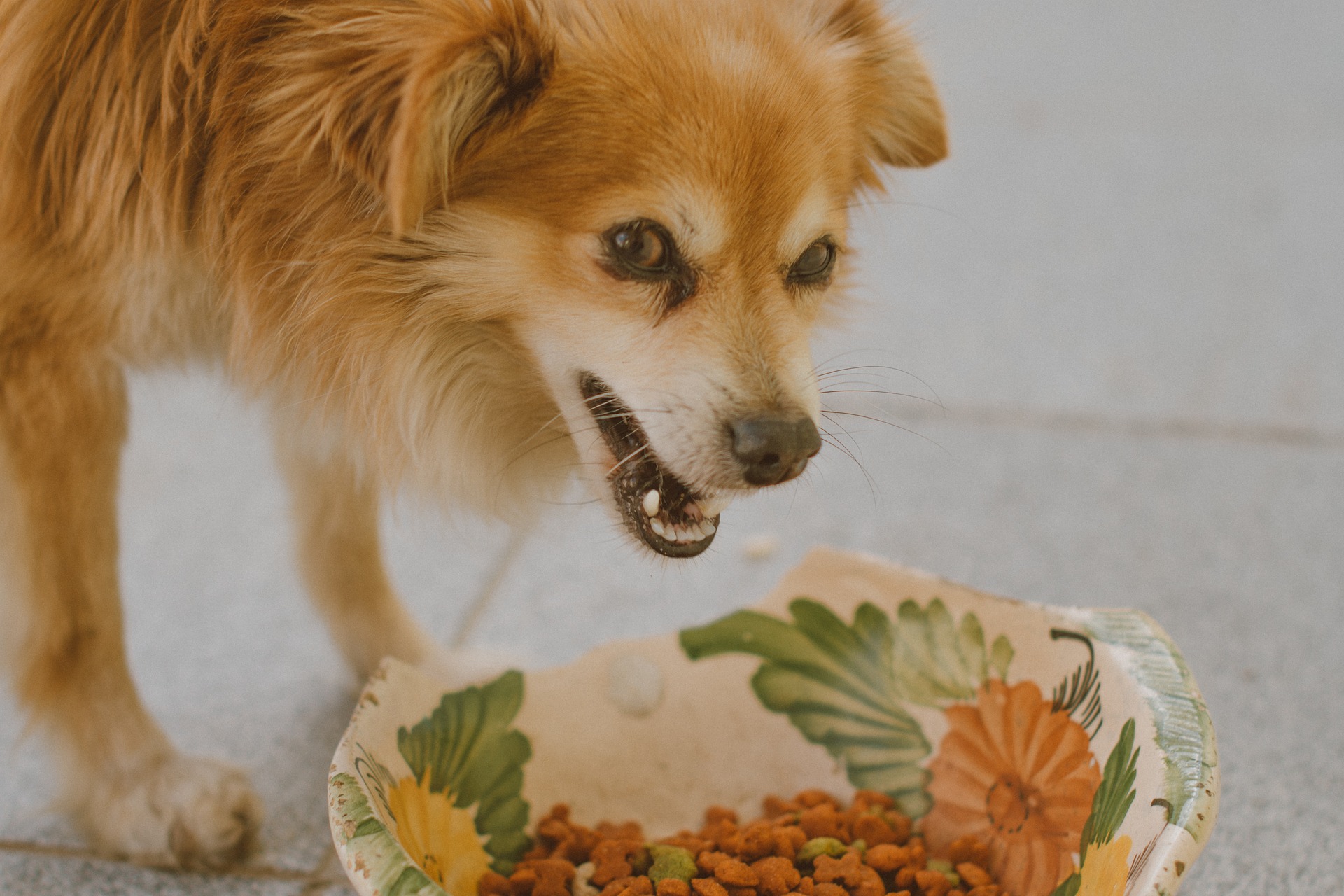
Conclusion on Can Dogs Eat Peanuts:
In conclusion, although peanuts are not poisonous to dogs, there may be hazards to take into account before giving them to your pet. If you do want to give your dog peanuts, make sure to do so sparingly and keep an eye out for any symptoms of an allergic reaction or stomach distress. Alternative sources of protein and good fats should be taken into account for the general health and wellbeing of your dog. These pointers can assist you in ensuring that your dog is content, healthy, and fed.
Frequently Asked Questions on Can Dogs Eat Peanuts:
-
Are peanuts safe for dogs to eat?
Dogs can consume peanuts in moderation generally without any problems. Protein, fibre, and beneficial fats are all present in them in good amounts. Peanuts should be introduced to your dog’s diet gradually though, and you should keep an eye out for any symptoms of an allergic reaction or stomach distress.
-
Can dogs have peanut butter?
Yes, in moderation, dogs can eat peanut butter. Selecting a peanut butter that doesn’t include extra salt, sugar, or dangerous additives is crucial. Additionally, keep in mind that peanut butter can have a high calorie count.
-
What are the nutritional benefits of peanuts for dogs?
Protein, fibre, and good fats—all of which are essential to preserving a dog’s health—can be found in abundance in peanuts. Additionally, they can aid in enhancing coat health and lowering the risk of contracting certain illnesses, like heart disease.
-
Can peanuts cause an allergic reaction in dogs?
Yes, peanuts can cause an allergic reaction in some dogs. Symptoms of an allergic reaction may include itching, swelling, and difficulty breathing. If your dog has never had peanuts before, it’s important to introduce them gradually into their diet and monitor them for any signs of allergic reaction.
-
Can dogs eat salted peanuts?
It’s best to avoid feeding your dog salted peanuts, as the salt can be harmful to their health. Instead, choose unsalted peanuts or peanut butter.
-
Can feeding peanuts to dogs cause digestive problems?
Giving peanuts to dogs might occasionally result in digestive issues like vomiting or diarrhoea. It’s vital to cease giving your dog peanuts if they exhibit any of these symptoms after eating them, and you should also speak with your veterinarian.
-
How much peanut butter can I give my dog?
The amount of peanut butter you can give your dog depends on their size and nutritional needs. In general, it’s best to limit your dog’s peanut butter intake to a small amount, such as a teaspoon or two per day.
-
What are some alternative sources of protein for dogs if they cannot eat peanuts?
Good sources of protein for dogs include chicken, turkey, fish, and eggs. If your dog cannot eat peanuts, there are plenty of other healthy food options available.
-
Can puppies eat peanuts?
It’s best to avoid feeding peanuts to puppies, as their digestive systems may not be able to handle them. Additionally, peanuts can be a choking hazard for young puppies.
-
Should I consult with my veterinarian before feeding my dog peanuts?
If you’re unsure about whether or not your dog can safely consume peanuts, it’s always a good idea to consult with your veterinarian. They can provide personalized advice based on your dog’s individual health needs.
-
Can dogs eat roasted peanuts?
Yes, dogs can eat roasted peanuts in moderation. However, it’s important to avoid giving your dog peanuts that are heavily salted or flavoured, as these can be harmful to their health.
-
Is it safe to give my dog peanut treats or snacks?
Yes, it’s safe to give your dog peanut treats or snacks as long as they are made specifically for dogs and do not contain any harmful ingredients. Look for treats that are low in calories and free of added sugar, salt, and preservatives.
-
Can feeding peanuts to dogs cause pancreatitis?
Giving dogs high-fat foods like peanuts can occasionally result in pancreatitis, an illness that causes pancreatic inflammation. It is advised to steer clear of giving peanuts to your dog if they have a history of pancreatitis or other digestive problems.
-
How often can I give my dog peanuts or peanut butter?
It’s best to limit your dog’s intake of peanuts and peanut butter to a small amount, such as a teaspoon or two per day. Feeding your dog too much peanut butter or peanuts can lead to weight gain and other health problems.
-
Can dogs eat unsalted peanuts?
Yes, dogs can eat unsalted peanuts in moderation. They are a good source of protein and healthy fats, but should be given in small amounts to avoid digestive upset or weight gain.
-
What should I do if my dog has an allergic reaction to peanuts?
If your dog has an allergic reaction to peanuts, it’s important to seek veterinary care immediately. Your veterinarian may recommend medications or other treatments to manage the symptoms of the reaction and prevent further complications.
-
Can dogs eat peanut shells?
While peanut shells are not toxic to dogs, they can be difficult to digest and may cause gastrointestinal upset. It’s best to remove the shells before feeding peanuts to your dog.
-
Are there any health risks associated with feeding peanuts to dogs?
Feeding peanuts to dogs in moderation is generally safe, but there are some risks to be aware of. These include the risk of choking, allergic reactions, and digestive upset. It’s important to introduce peanuts gradually into your dog’s diet and monitor them for any signs of health problems.
-
Can dogs eat peanut oil?
Peanut oil is not toxic to dogs, but it is high in fat and calories. Feeding your dog peanut oil in large amounts can lead to weight gain and other health problems. It’s best to avoid feeding your dog peanut oil or other high-fat oils.
-
What are the signs of peanut allergy in dogs?
Itching, swelling, hives, vomiting, diarrhoea, and respiratory problems are all indications that a dog has a peanut allergy. You should seek veterinarian attention right away if you think your dog may be allergic to peanuts. Your veterinarian can carry out allergy testing and suggest a course of allergy management.
Recommended related to Can Dogs Eat Peanuts:

























